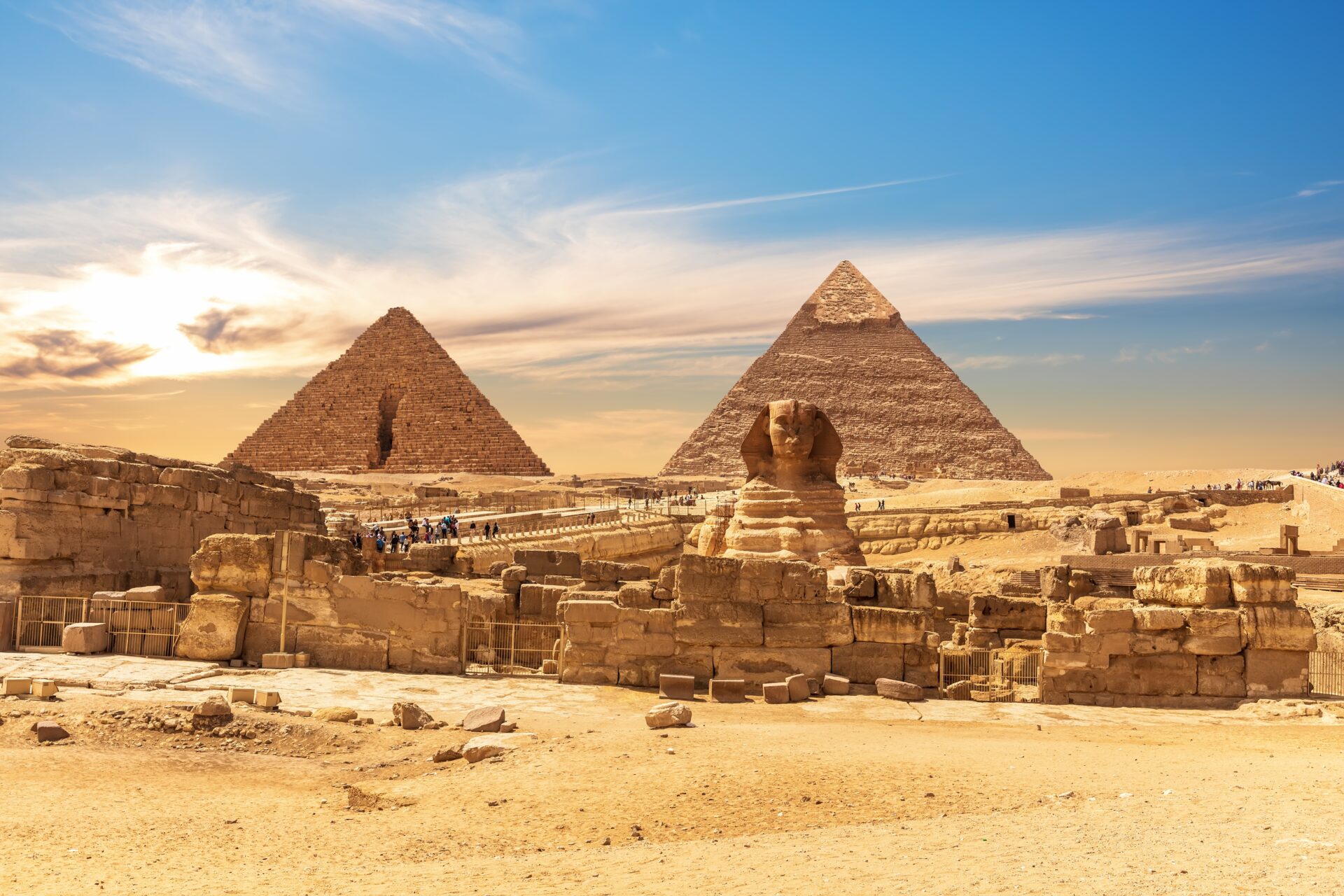
U.S. MOVES on Panama – China WARNED to EXIT
U.S. Ambassador Kevin Cabrera confirms that America and Panama are working together to eliminate China’s growing influence over the strategic Panama Canal, addressing sovereignty concerns while pushing back against Beijing’s regional ambitions.
At a Glance
- U.S. Ambassador Cabrera stated the U.S. is collaborating with Panama to counteract China’s “malign influence” in the Panama Canal
- A controversial Memorandum of Understanding between the U.S. and Panama increases military cooperation, which Cabrera defends as consistent with past agreements
- Cabrera highlighted that a Chinese company owes Panama $600 million, representing a significant economic sovereignty risk
- Over 70% of Panama Canal traffic is destined for the United States, underscoring America’s strategic interest
- Cabrera is working on mechanisms to address transit fees for U.S. vessels, aligning with President Trump’s priorities
America’s Strategic Concerns Over Chinese Influence
The United States is actively working to counter Chinese influence in the Western Hemisphere, with particular focus on the Panama Canal – a vital waterway through which over 70% of traffic is destined for American ports. U.S. Ambassador to Panama Kevin Cabrera has confirmed that both nations cooperate to eliminate what he described as “China’s malign influence” in the canal zone. This stance aligns with former President Trump’s broader concerns about Chinese expansion in the region, which has accelerated significantly in recent years as China has become the top trading partner for many Latin American countries.
China’s growing footprint includes constructing a massive maritime port in Chancay, Peru, by the state-owned Chinese shipping conglomerate Cosco. This development, part of China’s ambitious Belt and Road Initiative, has raised U.S. concerns about potential military applications and economic dominance. The Trump administration has signaled interest in reviving elements of the Monroe Doctrine to reassert U.S. leadership in what it has historically considered its sphere of influence, pushing back against Beijing’s regional ambitions.
“U.S. Ambassador to Panama Kevin Cabrera on Thursday said that the United States is working together with Panama to eliminate “China’s malign influence” in the Panama Canal.”, said Kevin Cabrera.
Defending U.S. Military Cooperation with Panama
Ambassador Cabrera has vigorously defended a recent Memorandum of Understanding between Panama and the United States that increases military activities and U.S. troop presence. The agreement has faced criticism from some Panamanians concerned about sovereignty implications. Cabrera dismissed these critics as “intellectually dishonest,” arguing that the MOU is consistent with decades of previous security arrangements and that all U.S. military activities are conducted with Panama’s authorization through appropriate channels.
During an interview with Colombian news channel NTN24, Cabrera emphasized that the real threat to Panamanian sovereignty comes not from U.S. military presence but from Chinese cyber incursions and financial entanglements. He specifically cited Chinese cyberattacks on countries like Paraguay as examples of Beijing’s disruptive behavior in the region. The ambassador maintained that joint U.S.-Panama military exercises are essential to protecting the canal’s security and ensuring its continued operation as a vital international waterway.
“And he [Trump] has articulated many concerns about the malign influence of the Chinese Communist Party in the Canal Zone and in our hemisphere, and we are working with Panama to reduce and eliminate that Chinese influence. It is something that cannot exist.”, added Cabrera.
Economic Sovereignty and Canal Transit Fees
A significant economic concern highlighted by Ambassador Cabrera is the $600 million debt owed to Panama by an unnamed Chinese company, revealed in a recent audit. This substantial sum represents funds that could benefit the Panamanian people and raises questions about economic influence and leverage. The ambassador has also addressed the issue of canal transit fees for U.S. vessels, describing as “absurd” that the United States pays to transit an area it helps protect through security partnerships.
In line with President Trump’s priorities, Cabrera is working to establish a mechanism addressing transit fees, expressing confidence in finding a solution to waive fees for U.S. commercial and military vessels, potentially. While ruling out intransigence in negotiations, the ambassador emphasized his commitment to exploring options for free passage. This approach reflects broader American efforts to recalibrate economic relationships across Latin America, where China has become a dominant economic presence, with trade increasing significantly since 2000.



Stephen Russell
WE Own the Canal for the globe to use